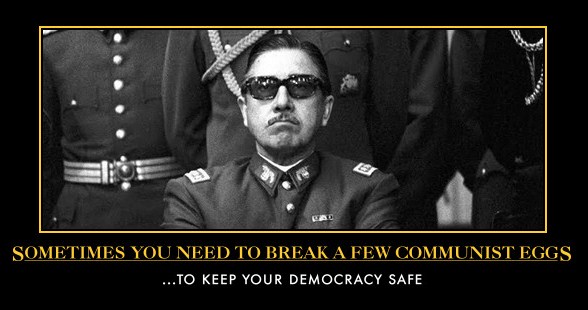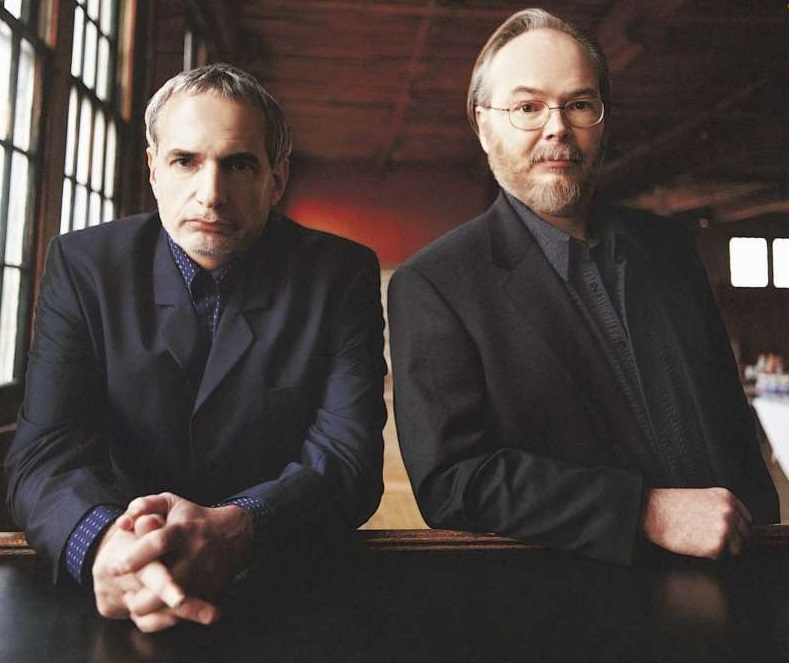…or perhaps it is, in its finest form. Read this personal account about dealing with the Houston floods:
The response of Texans, and Americans from all across the country, to the catastrophic Houston flooding proves the power and resilience of the human spirit. The magnitude of the logistics, the care, and yes, the love, is beyond extraordinary. I know. I have seen it.
Dozens of organizations virtually built a small city almost overnight in a space the size of 10-12 football fields. Evacuees from the floodwaters in Southeast Texas came in by the hundreds, then by the thousands. Hundreds of volunteers rushed in from nearly every state.
The Red Cross set up 5,000 cots and provided people who had lost almost everything with blankets, toiletries, showers, laundry service, child care, relocation and job counseling, and many other services. Salvation Army volunteers fed everyone, including volunteers, three meals a day. Volunteers from churches brought in water, juice, snacks, clothing, pillows, and other essentials. Children were provided school clothes, toys, books, puppet shows, and supervised play areas. Chaplains were giving out Bibles and providing spiritual comfort.
A small hospital was put together, including units for triage, primary and acute care, and stocked with all necessary medical equipment and supplies. Scores of doctors, nurses, and other medical staff worked shifts lasting anywhere from eight to eighteen hours. Medical services included mental health counseling, social work, and transport to other medical centers for dialysis and other critical needs.
Walmart established a fully stocked pharmacy for critical prescription needs like insulin and heart medication. HEB set up a store providing food, clothing, and other personal items at no charge. Evacuees were given free transportation to the Dallas Zoo, Six Flags Over Texas, outdoor movies, museums, and other cultural attractions. I even saw a small boy getting a haircut in a makeshift barber shop.
Texas National and State Guard, local police, firefighters, and EMT personnel, and other first responders, were there to provide security and safety, while checking evacuees in and out of the building. Janitorial staff worked around the clock to keep the shelter clean and free of trash. Emergency management volunteers performed countless duties to ensure that the flood victims had whatever they needed. FEMA was there for logistical, equipment, and financial support. The VA was on hand to serve the needs of veterans. The administrative record-keeping needed to keep track of victims, volunteers, services, and supplies was immense.
And then there was this:
Funny: I didn’t see anyone there from Black Lives Matter, the Congressional Black Caucus, the Democratic Party, Hollywood libs, or any other social justice warriors out there helping the thousands of black families who had lost everything in the flood. No one but us heartless Christians, conservatives, and other deplorables.
Because actions speak louder than words, and all the above organizations do is spout empty words and cheap sentiment. We The People know what has to be done when catastrophe comes calling, and we get down and do it. They The Assholes couldn’t be bothered.
So if you now feel like punching a liberal in the face (not a very charitable act, I’ll concede), then go right ahead. I’ll hold your coat.



